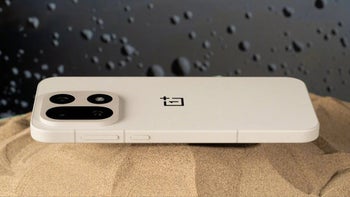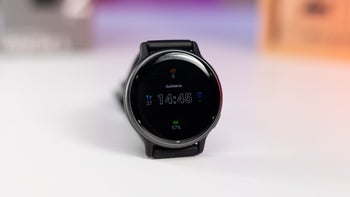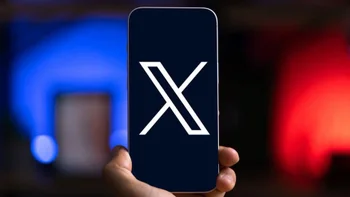Federal Trade Commission clears Google in antitrust investigation

The search engine scored a serious victory on Thursday as the FTC declared that Google has not violated antitrust or anti-competition laws in how search results are performed.
The investigation took almost two years, and now Google is in a position to continue along its current model to strengthen its dominance in the realm of internet searches. This is a big win for Google since it is spared of the expense that Microsoft endured during the 1990s over its antitrust cases involving Internet Explorer. Microsoft has been on the proverbial “Speaker’s Corner” at every opportunity to point out that Google has been abusing its course, bolstering a monopolistic position to keep its competitors under its boot. Naturally, this decision by the FTC makes Google’s competitors a bit worried about losing ground in their respective markets and products.
The FTC panel, made up of five members, voted unanimously to close the investigation without brining any charges against Google. This, despite concerned raised by some members even though they voted not to do anything. Even Jon Leibowitz, chairman of the FTC noted that “not everything Google did was beneficial, on balance we did not believe that the evidence supported an FTC charge to this aspect of Google’s business under American law.” Some panel members did argue for sanctions against Google.
For its part, Google has committed to make some minor changes related to advertising in its search practices. The FTC can enforce those changes if Google violates the agreement, but litigation by the FTC against Google is not an option under that agreement.
Of course, Google competitors (like Microsoft) that form Fairsearch.org will not stand by, and point out that the FTC took itself out of the game while the European Union is still investigating, and state attorneys general may still investigate Google. Fairsearch.org termed the decision as "inaction" that will embolden Google.
Part of this investigation also involved Google’s business practices and its use of patents in cellphone technology, including the Android operating system. The commission did find that Google did not meet its FRAND commitments and in fact threatened to pursue injunctions against companies that wanted to use patents, particularly those acquired with Motorola Mobility. The FTC ordered Google to make that technology available to rivals, where competition is needed on smartphones, tablets and consoles. Google agreed to allow access to patents on “fair, reasonable and non-discriminatory terms (FRAND)…on critical standardized technologies needed to make popular devices…” As such, Google will not block rivals from using patents that are essential to key products and technologies.
sources: The New York Times and FTC
The investigation took almost two years, and now Google is in a position to continue along its current model to strengthen its dominance in the realm of internet searches. This is a big win for Google since it is spared of the expense that Microsoft endured during the 1990s over its antitrust cases involving Internet Explorer. Microsoft has been on the proverbial “Speaker’s Corner” at every opportunity to point out that Google has been abusing its course, bolstering a monopolistic position to keep its competitors under its boot. Naturally, this decision by the FTC makes Google’s competitors a bit worried about losing ground in their respective markets and products.
Of course, Google competitors (like Microsoft) that form Fairsearch.org will not stand by, and point out that the FTC took itself out of the game while the European Union is still investigating, and state attorneys general may still investigate Google. Fairsearch.org termed the decision as "inaction" that will embolden Google.
That order will certainly hold potential benefits to manufacturers that use Android, or even competing platforms.
sources: The New York Times and FTC
Follow us on Google News













Things that are NOT allowed:
To help keep our community safe and free from spam, we apply temporary limits to newly created accounts: